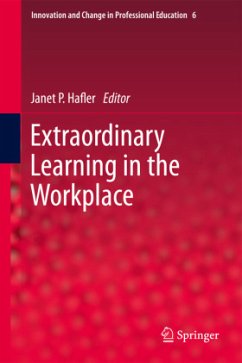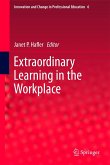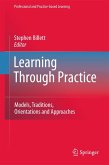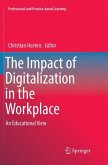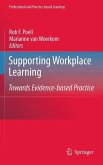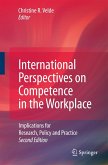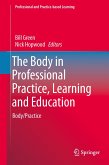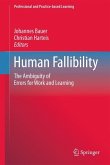The contributing authors of this multidisciplinary text agree that workplace learning truly is extraordinary when it is marked by structural congruence and a positive synergy among the intended and formal preparation of professionals, that tacit learning occurs within the hidden curriculum, and that the subsequent demands, both formal and tacit, are embedded in subsequent workplace settings. Thus, for this text, these authors explore research and practice literature related to curriculum, instruction and assessment of professionals' learning in the workplace and the implications for best practices. But what makes this book truly unique is that the authors examine that literature in the context of four professions-education, nursing, medicine and clergy-at the point of those professions wherein students are learning during the degree program stages of their education.
Extraordinary Learning in the Workplace is broken into four main sections. Part I explores curriculum, both formal and hidden. Part II focuses on conceptions and theories of learning and instruction and is intended to inform the work of educators with regard to components of professional education that occur in the practice settings of the workplace. Part III covers assessment, using medicine as its example to argue that assessment has remained largely unchanged for years, thus making the multiple choice questions tests introduced in the 1950s the de facto gold standard for "quality" assessment. And Part IV focuses on the training of the instructors, visiting the three key themes of relationships, activities or tasks, and work practices.
Extraordinary Learning in the Workplace is broken into four main sections. Part I explores curriculum, both formal and hidden. Part II focuses on conceptions and theories of learning and instruction and is intended to inform the work of educators with regard to components of professional education that occur in the practice settings of the workplace. Part III covers assessment, using medicine as its example to argue that assessment has remained largely unchanged for years, thus making the multiple choice questions tests introduced in the 1950s the de facto gold standard for "quality" assessment. And Part IV focuses on the training of the instructors, visiting the three key themes of relationships, activities or tasks, and work practices.

